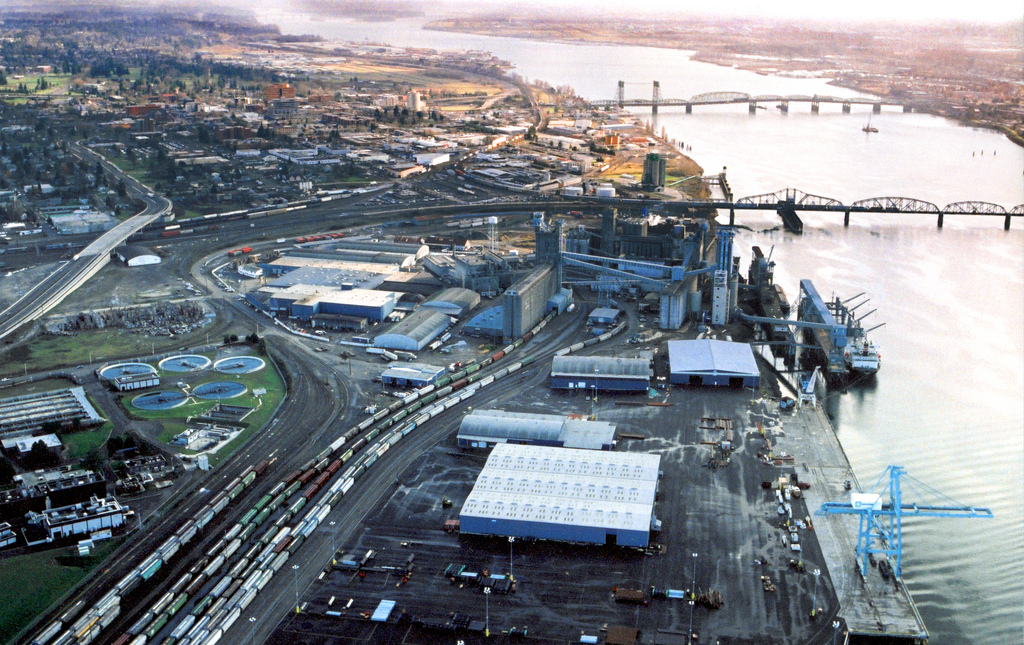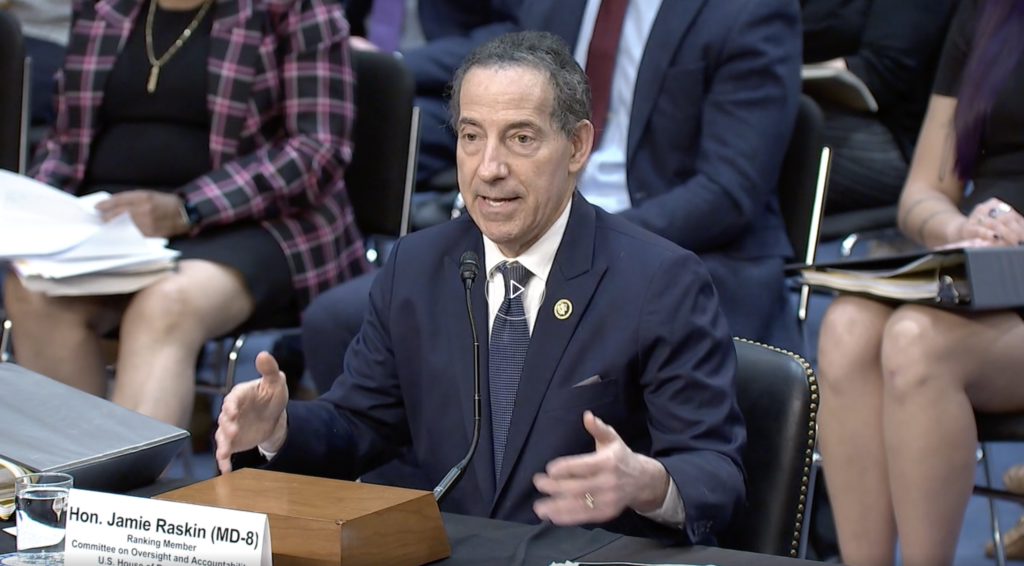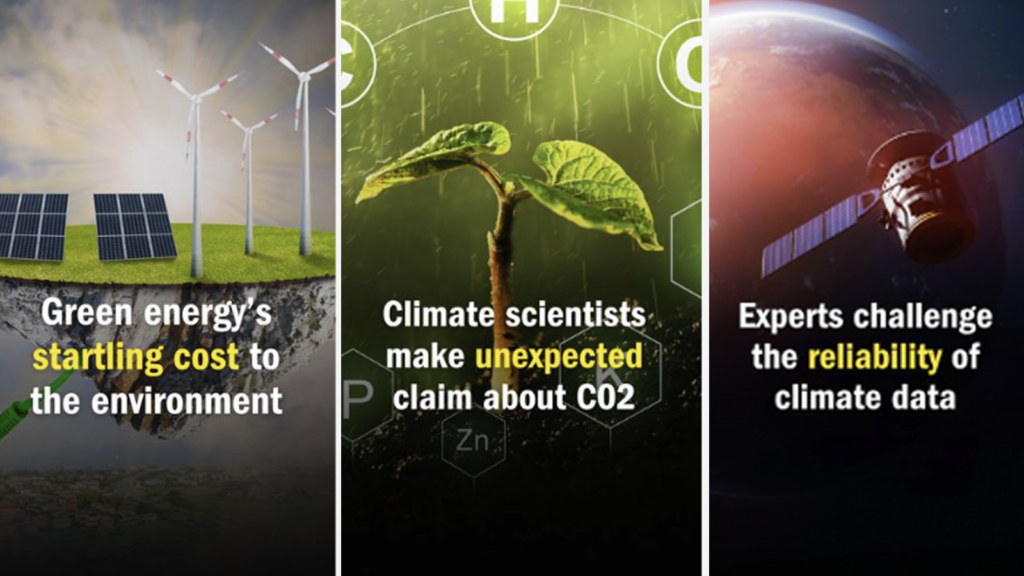This week, three port commissioners in Vancouver, Washington, put another nail in the coffin for Vancouver Energy’s proposed crude-by-rail facility when the commission voted to not renew the company’s lease if the project did not have all required permits and licenses by March 31. This move is expected to effectively end the project.
Momentum for this vote began in November when Don Orange joined the port commission after a resounding victory against a challenger who was heavily funded by the oil industry. Orange, on the other hand, promised to oppose Vancouver Energy’s planned construction of the largest oil-by-rail facility in the country.
After the election, seated port commissioner Eric LaBrant expressed shock at the race’s results. “I’ve never seen anything like this in local politics,” LaBrant said. “This election shows where the community wants to go and what kind of business the community wants to have there at the port.”
This week’s vote follows a recommendation by Washington State’s Energy Facility Site Evaluation Council in November that Governor Jay Inslee reject the proposed project. Inslee still needs to make a final decision regarding the facility.
“We’re obviously disappointed in the outcome,” Vancouver Energy General Manager Jared Larrabee told The Columbian of the commission’s vote. “We certainly have to weigh the different options that are out there, but we’re doing that and looking forward to doing that.”
Environmental advocates cheered the decision.
“Today’s vote highlights what people here and across the Pacific Northwest have been saying for years. We will not become just another polluted oil town,” said Rebecca Ponzio, director of Stand Up To Oil Campaign. “This should be a signal for communities across the country, the oil industry does not get to decide your future. Together, people are always more powerful than the money of oil companies.”
National Movement to Ban Fossil Fuel Infrastructure
As Ponzio mentioned, the latest development in Vancouver is part of a national movement for local communities to decide if they want fossil fuel infrastructure in their communities. And while Vancouver represents another victory for this movement, the oil industry is not giving up, and resulting legal battles are likely just beginning for many communities.
This week in Oregon, the state Court of Appeals ruled that the Portland City Council had not violated the constitution when it voted to ban the construction of new fossil fuel infrastructure in the city. This ruling reversed a decision from July by the state land use board of appeals, which said the zoning ordinance was unconstitutional because the city didn’t have the right to regulate interstate commerce.
In 2016 the city of Benicia, California, received a favorable ruling from the Surface Transportation Board, supporting the city’s vote to ban a new oil-by-rail facility.
Ethan Buckner was one of the organizers for environmental advocacy group Stand, which helped organize opposition to the Benicia facility.
“This is a victory for the right of communities to say no to refineries’ dangerous oil train projects. The federal government has said once and for all that there is nothing in federal law that prevents cities from denying these oil companies’ dangerous rail projects,” Buckner said. “The oil industry keeps telling communities they have no right to say no to oil trains, but this ruling once and for all refutes this.”
Meanwhile, in South Portland, Maine, the city recently made progress in its own legal battle with the oil industry when a judge ruled favorably on some aspects of an oil industry lawsuit against it. In 2014 South Portland voted to ban the bulk loading of crude oil at its port, citing air pollution concerns, and the oil industry has sued to reverse this ban.
In South Portland, the Portland Pipe Line Company, which has a pipeline affected by the ban, is still hoping to win by fighting the constitutionality of these local bans on fossil fuel infrastructure. Inside Climate News reported that, after the recent ruling on this case, the only legal question remaining is “whether the city is violating the U.S. Constitution by blocking the project.”
And with the backing of the American Petroleum Institute, the local pipeline company involved in the Maine lawsuit is not backing down. “While we are disappointed with aspects of the judge’s decision, our claim under the Commerce Clause remains to be decided,” said pipeline company attorney Jim Merrill. “Portland Montreal Pipe Line will vigorously continue its challenge of the ordinance.”
Big Court Battles Ahead?
Many Americans say they aren’t interested in new fossil fuel projects, instead favoring the development of alternative energy sources. And in an increasing number of communities, they are using the power of the vote to say no to the industry. The primary argument the oil and gas industry has at this point is that of constitutionality and interstate commerce. The state ruling in Portland, Oregon, this week dealt a blow to that argument.
Maura Fahey is with the Crag Law Center and worked on the case in Portland. She noted the national implications.
“Other cities were looking to the city of Portland and what they had done as a potential model for other ordinances,” Fahey told Seattle NPR affiliate KUOW. “This big federal issue could have been potentially damaging to efforts against climate change throughout the country.”
As U.S. fossil fuel exports continue to surge and Canada seeks more ways to export tar sands oil to the U.S. and world, the fight over who controls America’s ports is likely to intensify. Depending on how these prolonged legal battles play out, this question could potentially end up in the highest courts.
Main image: Port of Vancouver, Washington. Credit: Washington State Department of Transportation
Subscribe to our newsletter
Stay up to date with DeSmog news and alerts






